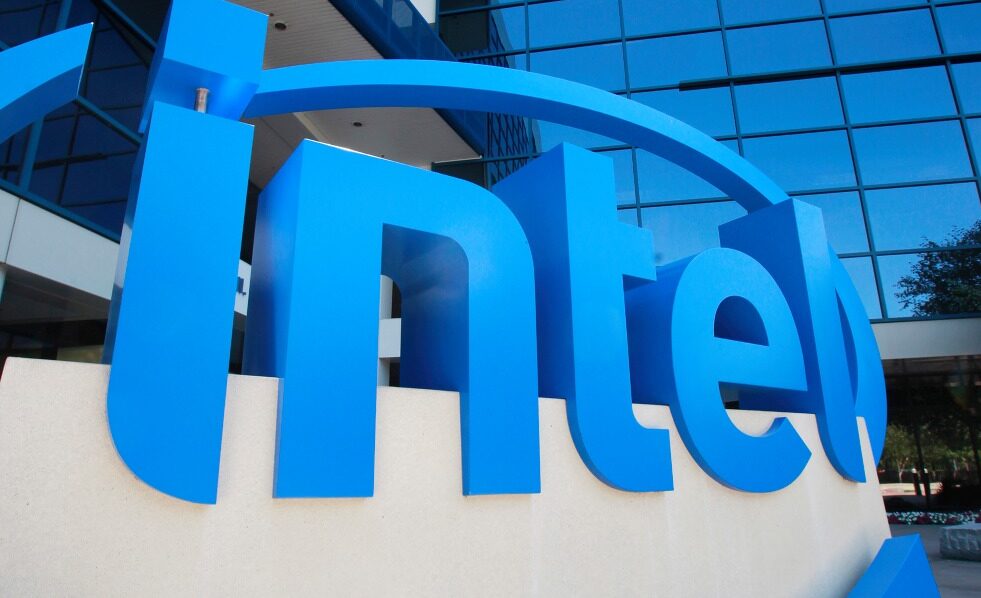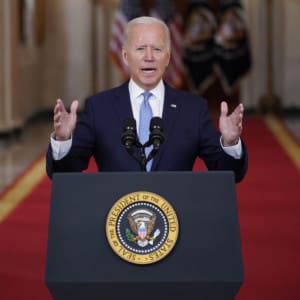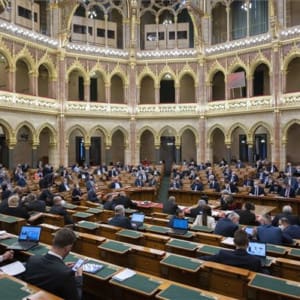Prime Minister Mateusz Morawiecki met with Intel CEO Pat Gelsinger on Sept. 8 in Gdańsk to discuss Poland’s potential as a location for Intel’s future chip factories, which would amount to tens of billions in investment.
“We received around 70 location proposals and three of them are in Poland. PM Morawiecki was a good salesman while convincing me why I should consider Poland,” Gelsinger said.
Eight chip factories are planned to be built in the chosen location, and their total cost will amount to €80 billion.
The project has a decade-long roadmap, and 10,000 people would find employment as part of it. For each of those employees, five to ten additional people would be hired by suppliers. One of the main reasons for this investment is the ongoing global chip shortage which has hampered companies around the world.
Polish officials have not commented on the potential locations. According to unofficial information, the most probable locations would be Lower Silesia and its special economic zones. The Polish Investment and Trade Agency has also refused to comment, citing the “good of the decision-making process.” Intel is to reach a final decision by the end of 2021.
The company stated that in addition to a good location (a large enough and well-equipped plot), the quality of the country’s incentive program is also important. When it comes to building such factories in Asia, 25 to 40 percent of their value are support programs.
The most significant competition for Poland are locations in countries such as Germany, Italy, France and Ireland. One analyst pointed out that the fight for the investment will be tough, as any project associated with new technologies is a huge prize worth any sum of money.
What’s more, there is a shortage of semiconductors on the market while the demand for them is growing. This involves not only IT and RTV equipment producers, but also the AGD, medical and car industries. There has even been production downtime and 80 percent of chips are currently produced in Asia.
The head of the Polish motorization industry association Jakub Faryś explained that automobiles are becoming increasingly dependent on semiconductors due to cars being computers responsible for the majority of functions.






